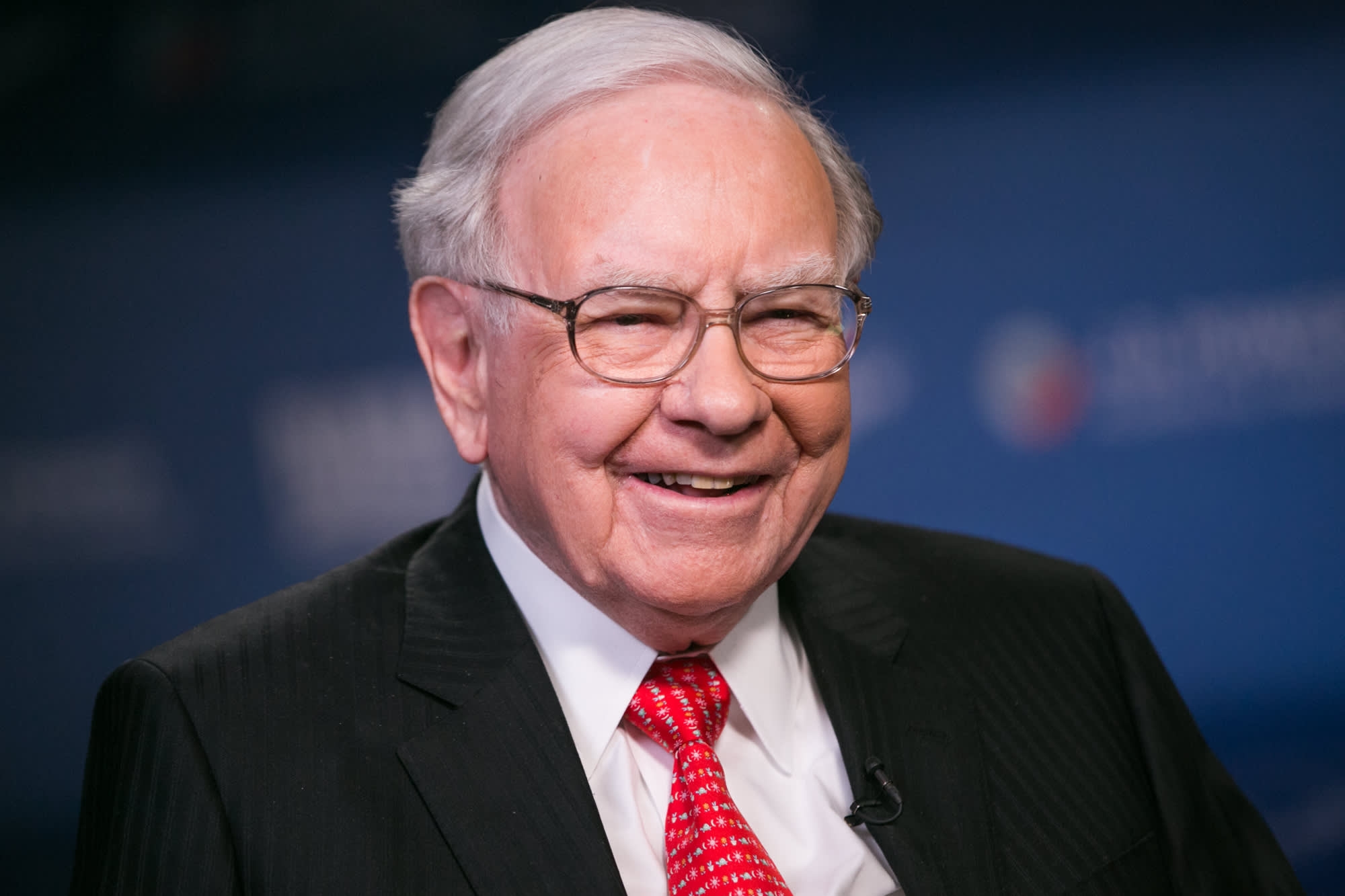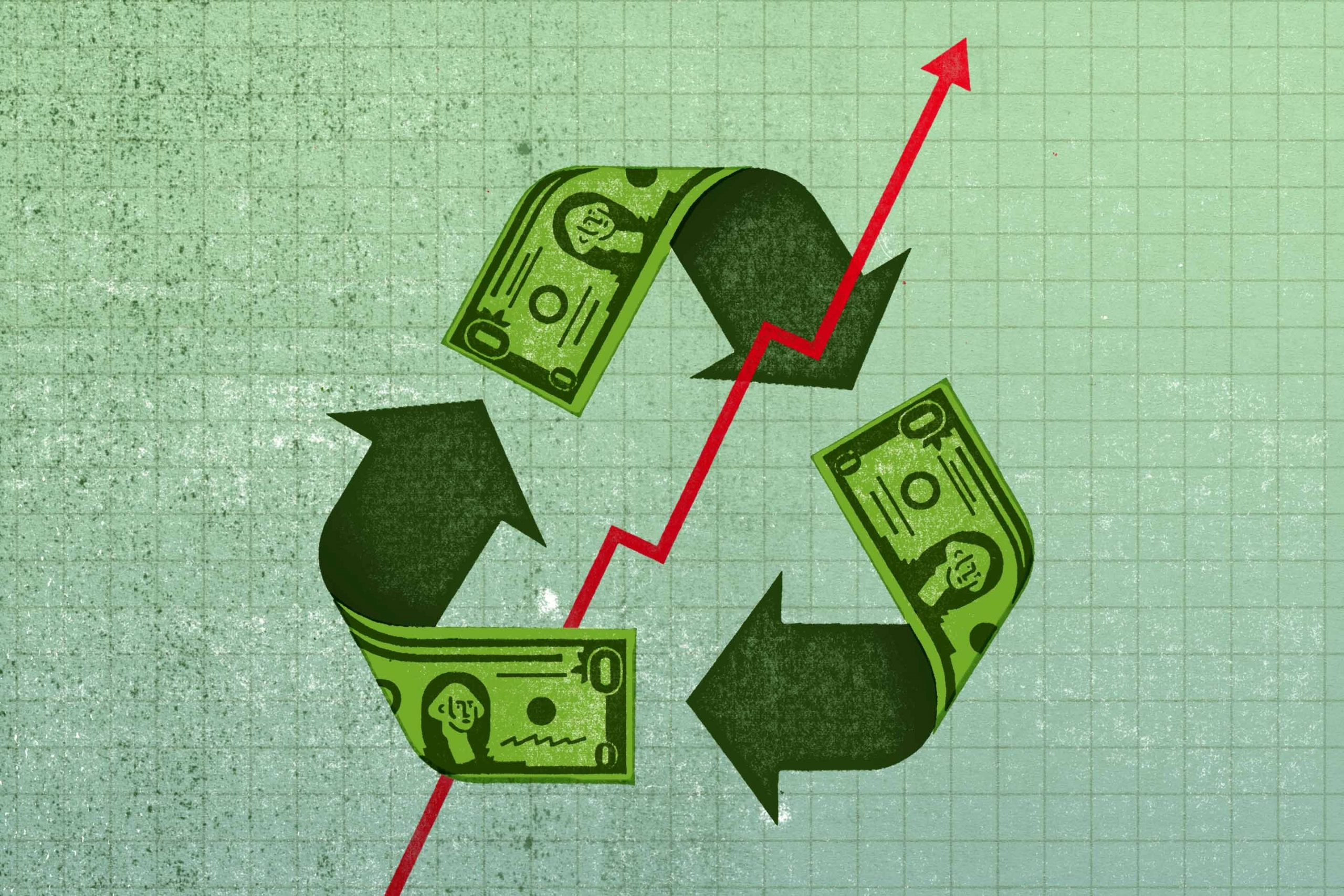In the realm of business, companies employ various strategies to enhance shareholder value. These may include investments in research and development, market expansions, or increasing dividends. However, renowned investor Warren Buffett, CEO of Berkshire Hathaway, holds stock buybacks in high regard. At the recent Berkshire Hathaway annual shareholders meeting, Buffett emphasized the effectiveness of buying back shares when executed at the right price.
Stock buybacks, or share repurchases, involve a company buying back its own shares from the open market, leading to a reduction in the number of outstanding shares. This process increases the ownership stake of the remaining shareholders, providing them with a larger portion of the company’s value.
Buffett exemplified the power of buybacks with the case of American Express. Berkshire Hathaway purchased its final share of the payments company in 1998, acquiring an ownership stake of 11.2%. Through American Express’s share repurchases, Berkshire’s stake has nearly doubled to 20%.
When buybacks increase an investor’s ownership interest, Buffett remarked, “It’s a wonderful thing if you’ve got an asset you like.”
Amid the current economic climate, companies with substantial cash reserves are investing billions in buybacks. Here, we examine three prominent companies known for their generous buyback programs: Apple Inc., Alphabet Inc., and Meta Platforms Inc.

Apple Inc. (NASDAQ: AAPL)
Apple Inc., the tech giant, has been a frontrunner in stock buybacks. S&P Global reports that the company spent a remarkable $94.1 billion on buybacks in 2022, up from $88.3 billion in 2021. With a market capitalization of $2.75 trillion, Apple possesses substantial resources. As the largest publicly traded holding in Berkshire’s portfolio, Apple is a favorite of Buffett’s. He expressed his expectation of owning an even larger stake if the company continues its buyback program.
Alphabet Inc. (NASDAQ: GOOGL)
Alphabet Inc., the parent company of Google, has also actively engaged in stock buybacks. S&P Global indicates that Alphabet’s buybacks reached $59.3 billion in 2022, an increase from $50.3 billion in 2021. Despite the company’s dominance in technology, Alphabet’s stock has experienced some volatility. While shares have risen by 20% in 2023, they remain approximately 4% lower compared to a year ago.
Meta Platforms Inc. (NASDAQ: META)
Meta Platforms, the parent company of Facebook, capitalized on the lower prices of 2022 by repurchasing $31.6 billion worth of its shares. In 2023, the stock has rebounded, surging over 80% year-to-date. A strong first-quarter report and an expanding user base have contributed to the stock’s appeal.
However, it is important to consider Buffett’s caveat that buybacks should be executed “at the right price.” Merely engaging in significant buybacks does not automatically guarantee sound investment decisions. It is worth noting that companies can also return cash to shareholders through regular dividend payments, offering a reliable source of passive income.
While buybacks can be a powerful tool for enhancing shareholder value, they are not a universal solution. The effectiveness of a buyback program depends on factors such as the company’s financial health, the purchase price of the shares, and prevailing market conditions. Overpaying for shares or neglecting necessary investments in operations to fund buybacks may undermine long-term benefits.
Furthermore, buybacks can signal a company’s confidence in its future prospects. However, they may also indicate a lack of more productive investment opportunities. Therefore, when evaluating companies with substantial buyback programs, investors should consider the broader context and not solely focus on the size of the repurchases.
It is important to remember that while buybacks can boost earnings per share by reducing the number of outstanding shares, they do not directly increase a company’s net income or alter its fundamental valuation. Therefore, investors should view buybacks as just one piece of the larger financial puzzle when evaluating a company’s potential.
In conclusion, stock buybacks can indeed be a valuable tool for enhancing shareholder value, as emphasized by Warren Buffett. However, they are not a one-size-fits-all solution and should be considered within the broader context of a company’s financial health, strategic objectives, and market conditions. A diversified portfolio and a long-term investment perspective remain essential for successful investing. Ultimately, informed decision-making based on a comprehensive understanding of a company’s overall strategy is key when assessing the impact of stock buybacks on shareholder value creation.
©traders-news.online










